James Luther Bevel was one of Martin Luther King Jr.’s most trusted and loyal advisors of the American Civil Rights movement during the 20th century. Bevel was born in Itta Bena, Mississippi on October 19, 1936. He spent most of his childhood in both Cleveland and Itta Bena, while he chose Ohio as his working place. He worked as a steel mill worker in the Ohio metropolis and also as a plantation laborer in the Mississippi town.
In 1957, Bevel started off his professional education and attended the American Baptist Theological Seminary in Nashville, Tennessee. But in 1961, Bevel dropped himself from the seminary to work in the Civil Rights movement. He later did his schooling from Highlander Folk School where he surprisingly met many other civil rights activists including his future life partner, Diane Nash.
Bevel began his civil rights activities in 1960; it was the time when he joined the student sit-ins in Nashville. One year later, he pushed himself to participate in the Freedom Rides across the South of the country. In 1962, Bevel met the great civil rights leader Martin Luther King Jr. and joined the King’s Southern Christian Leadership Conference (SCLC) as the Director of the Direct Action Campaigns and Director of the nonviolent education.
During 1963, in one of the Birmingham, Alabama campaign, Bevel became one of the most trusted aides of Martin Luther King Jr. After the unsuccessful attempt of the campaign, Bevel convinced King to use middle and high school students in their nonviolent protests and called it a Children’s Crusade. When the officials of the city got the idea of these young protesters march, they ordered the use of fire hoses and fire dogs to stop the protest in any way. The result of this protest became a national and international conviction of both the violence on protest and racial segregation in Birmingham. Later, President John F. Kennedy had a negotiation with the party to end the dispute.
Bevel officially worked with King in Chicago and Selma during 1965 -1966. Both opposed the war in Vietnam and became the leader of the war protest against the Vietnam War in the late 1960s. During the assassination of King on Aril 4, 1968, Bevel was present at the scene and believed that James Earl Ray was the main convict of the assassination. Bevel’s career came to an end in 2007 when he was accused of incent. During a trial, it was reported that Bevel molested many family members and had 16 children from seven women. He was later granted an appeal just before his death due to pancreatic cancer on December 19, 2008, in Springfield, Virginia.
Source Article:







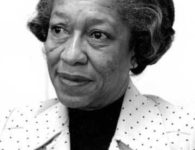
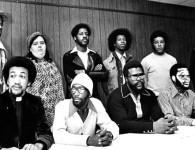
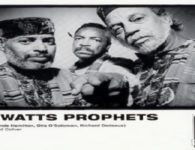
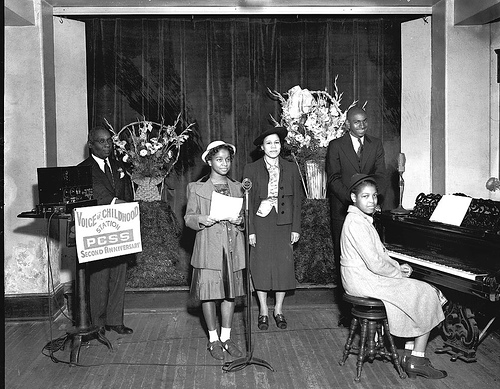
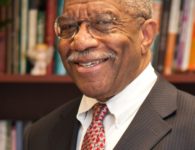
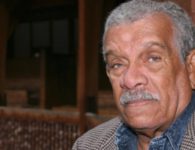
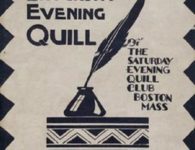
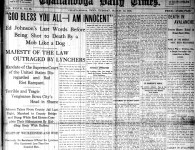
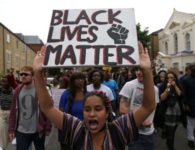
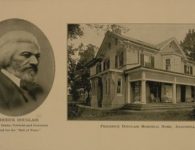

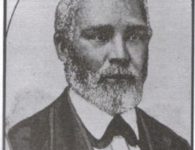
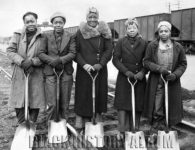

No comments